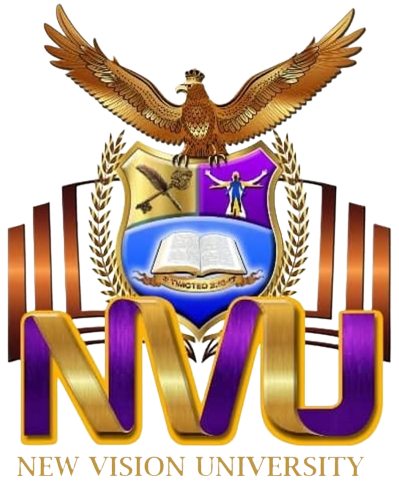
2024-25 Catalog
UNDERGRADUATE CATALOG
Watch Video
The MDiv program includes:
Rigorous education in the religious traditions that shape the scholarly, spiritual, and practical dimensions of a vocation to ministry
The capacity to use the essential intellectual tools of the study of religion
Genuine reading competence in a scriptural language and/or language of theological scholarship that allows for the lifelong use of that language in ministerial leadership and scholarly inquiry
Education in the arts of ministry pursued in both the classroom and the field
Significant learning in a religious tradition other than one's own
Cultivation of the intellectual, spiritual, and pastoral agility that will enable graduates to move with skill, confidence, generosity, and grace across the complex and diverse religious, cultural, and moral spheres of modern society.
An Ordained or lay ministry and leadership in congregations and other religious communities
Ministries in social service, hospital, and prison chaplaincy
Interfaith ministry on college campuses
Teaching and scholarship
Writing and journalism
Nonprofit management
Other careers in service to a just world at peace.
At HDS, there is almost no field of study that does not touch in some way upon ministry preparation. While the entire Faculty of Divinity is, in this sense, engaged in the teaching ministry, the Office of Ministry Studies (WHO) and the faculty members who work specifically in ministry studies provide a focal point for the MDiv program and its relation to professional ministry.
Master of divinity students may declare a religious tradition they are studying at the beginning of their program; using that tradition as the foundation, with the advice of their advisor, they build a cohesive 24-course program. It is not required, however, that an MDiv student declare a religious tradition. In fact, many of our master of divinity students do not have any religious affiliation or identify with multiple spiritualities.
Three years of full-time study
Twenty-four courses (96 units)
Completion of "Introduction to Ministry Studies," "Theories and Methods in the Study of Religion," and "Meaning Making—Thinking Theologically about Ministry Experience"
Two field education placements
Twelve courses within the Histories, Theologies, and Practices and Scriptural Interpretation as follows:
Minimum of six courses within the Histories, Theologies, and Practices, any mix of traditions
Minimum of three courses with Scriptural Interpretations, any mix of traditions
No more than nine courses in total may be in the same tradition or no tradition
Three semesters of a single language appropriate to the religious tradition of study
Completion of three Arts of Ministry
Completion of the Senior Seminar and paper
Residency requirement: students must complete four courses each in two of their first three consecutive terms
"B" average must be maintained throughout the program
For additional requirements, policies, and details consult the MSDS Handbook for Students and Field Education
Language Study—a distinctive difference
Language study at Harvard Divinity School is one of the highlights of many students’ experience. HDS offers instruction in several languages, including Pali, the written language of early Buddhism. Students may also choose from the extensive language offerings of Harvard University's Faculty of Arts and Sciences. Students are expected to address their language requirements as early in their programs as possible.
MDiv students may meet the language requirement in one of two ways: 1) by completing the master of theological studies language competency requirement, or 2) by satisfactorily completing three semesters of study in one language relevant to their program through coursework at Harvard.
Video race
Master's degree in Deities
Discover the deep meaning behind the beliefs and spiritual practices with our Master's degree in Divinities. Immerse yourself in the multi-disciplinary study of theology, philosophy and the history of religion.
